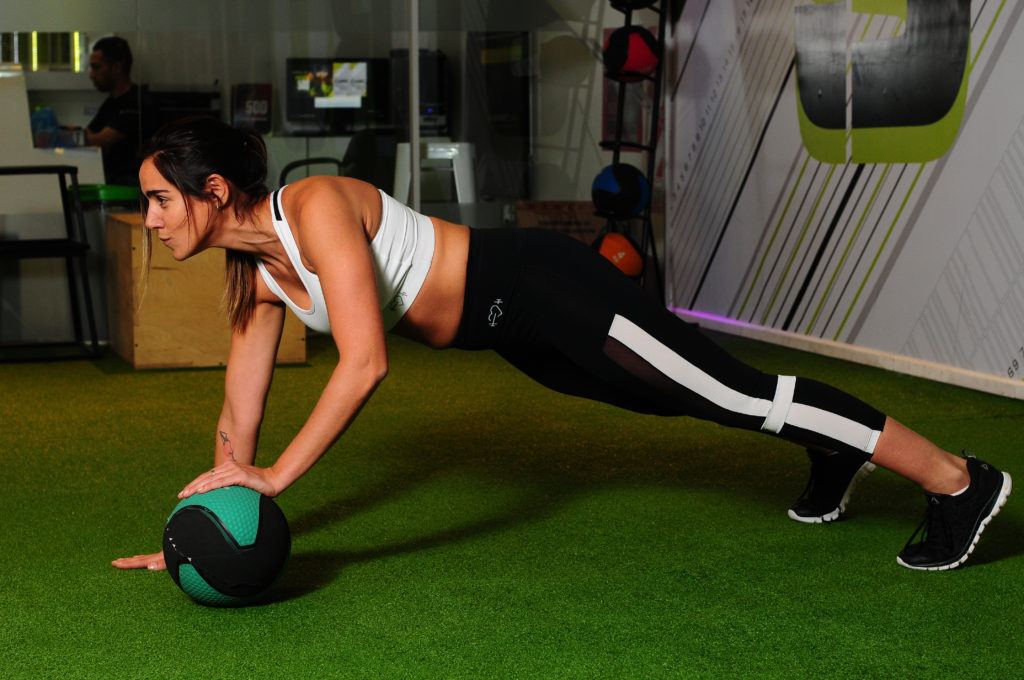Rotator cuff injuries are something which we commonly see in our physiotherapy clinic. A lot of people reading this may have heard the term “rotator cuff” or know somebody who has injured their cuff. The “Rotator cuff” refers to a group of 4 muscles and their tendons (supraspinatus, infraspinatus, teres minor and subscapularis) which are important for movement and stabilisation of the shoulder. Injuries to one or more of these tendons can occur through a specific incident eg. a fall or lifting an object, or through repetitive micro-trauma over a long period.
The good news is that most people can achieve a good outcome (in terms of improving and often resolving pain and improving function) through physiotherapy, without needing surgery. But for some people, conservative management just isn’t enough and so will undergo a rotator cuff repair operation.

Here’s some important things to know about having rotator cuff repair surgery:
- Pre-operation physiotherapy is important (the better the strength and function of the shoulder before the surgery, the increased likelihood of a better outcome after the surgery).
- For the first 2-6 weeks after the surgery, you’ll likely have moderate pain and be wearing a sling (the sling is to support the shoulder and minimise the chance of the shoulder going into a vulnerable position, or have somebody bump into it).
- Early mobilisation of the shoulder is important (getting some movement of the shoulder early on allows for reduced pain and earlier return to function, but it’s important to be respectful of pain / discomfort). The surgeon will often advise on what movements to avoid or minimise early on.
- It’s important to set expectations for recovery from surgery eg. if people have a somewhat physical job, it’s likely to be at least 4 months before return to work (or sport). It takes at least 12 weeks for the remodelled tissue to reach maximal strength.
- Due to this 12 week tissue remodelling phase, formal strength training should wait until after this point. But that doesn’t mean that we can’t get the shoulder muscles working before this – the focus should be on isometric exercises (exercises which activate muscles but don’t move the joint), cross-education (exercising the opposite shoulder in order to gain strength improvements in the operated on shoulder) and functional every day use of the shoulder.
- While most people will have a reasonable outcome from the surgery, unfortunately some people will have a longer recovery than expected. Research indicates that people with high levels of pain before or after surgery, people who also have neck pain, and people with diabetes or other health issues may take a little longer to recover.
If you have had or are waiting for rotator cuff surgery, or have shoulder pain and would like to try conservative management to avoid surgery, give us a call today on 5437 8899 to see one of our physios, or book online here.